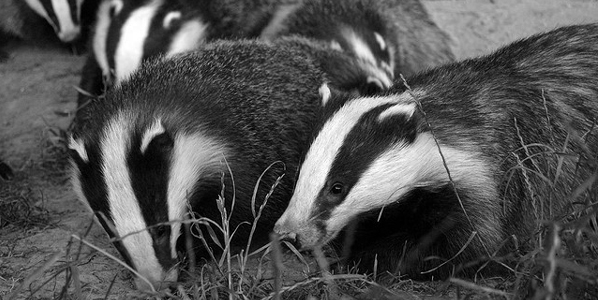Welcome to… Defra
When heading up the transport brief for Labour Maria Eagle showed a great ability to apply one nation politics to transport policy. She was brave enough to engage with questions of ownership and also to chart a course that would...
When heading up the transport brief for Labour Maria Eagle showed a great ability to apply one nation politics to transport policy. She was brave enough to engage with questions of ownership and also to chart a course that would put communities in more power over transport decisions. This ability will need to be displayed again if she is to build on the foundations laid by Mary Creagh in the shadow environment, food and rural affairs brief.
The big legislative item on the agenda is going to be the water bill going through parliament. Gavin Shuker has already done a lot of good work on this, linking the debate on water bills to the cost of living crisis – an argument that must be built on.
Shuker was also developing amendments that would strengthen water company obligations to society and the environment. Thomas Docherty, the shadow Defra team’s other newcomer, will have to take forward this work by getting on top of the legislative detail as well as connecting the water bill debate to Labour’s national message.
The government also has to be held to account for kicking water abstraction rights into the long grass. When not going through the fine detail on the bill Docherty may want to spend time reading Fabian publications on water policy here and here.
Maria is lucky to have a great team already in place. Barry Gardiner instinctively gets environmental issues better than almost anyone else in the parliamentary Labour party and his office is doing important thinking on biodiversity offsetting. This work is essentially about protecting our green and pleasant lands and Maria may get ammunition to criticise Owen Paterson for failing to protect precious woodland – a line of attack that Mary used well during the forest sell-off debacle.
Another asset in Maria’s team is Huw Irranca-Davies who has a keen understanding of food and farming – an understanding that is recognised and valued in the sector. Food is the largest manufacturing sector in the UK and our policy on skills and apprenticeships will need to be applied here in close conjunction with Chuka Umunna’s team.
Huw is also leading work on a rural policy review. This review must appreciate that Labour’s problem in rural areas is cultural as much as policy-related. Labour must do more to get out and about and talking to communities in rural areas. Huw gets this and should be empowered to roll-out Arnie Graf community organising techniques to help Labour reach out in rural areas.
Food policy is an area where Maria can have a huge impact over the next 18 months. Mary Creagh was right to highlight the increasing use of food banks as a symptom of the cost of living crisis developing under David Cameron’s government.
Maria should take a leaf out of Tim Lang’s book and set up a “Beveridge-type review of food welfare, including the role of the labour market, the rise of zero-hours contracts, food poverty and food banks.” This process will help reinforce Labour’s national message in a key area of Defra policy. Maria’s team may also want to spend some time reading Fabian work on food policy here and here.
The most important Fabian work for Maria Eagle to read is our work on how to put the environment at the centre of the political agenda in a way that builds public support. The winter 2012 edition of the Fabian review demonstrated that the environment could be key to Labour’s electoral strategy in 2015. This edition of the Fabian review also features Ruth Davis’ excellent essay which argues that the environment is about national identity, the politics of the common good and the value of work. This insight argument is one being explored in upcoming Fabian work on how the environment is crucial to developing Labour’s approach to localism.
Understanding how people relate to the place they live in is the key to knowing how Labour can build a popular environmentalism. If Maria can make this the heart of the shadow Defra team’s approach then Labour will have Defra policy that is popular with the public, credible with business and good for the planet. And don’t forget the badgers.
